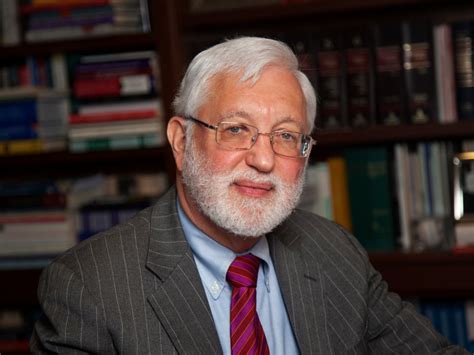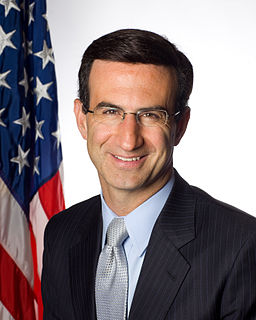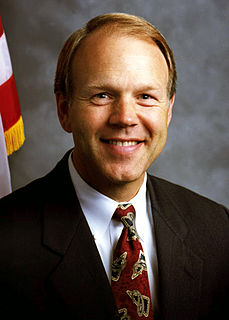A Quote by Larry Page
There are basically no companies that have good slow decisions. There are only companies that have good fast decisions.
Related Quotes
There are companies that are good at improving what they're already doing. There are companies that are good at extending what they're doing. And finally there are companies that are good at innovation. Every large company has to be able to do all three - improve, extend, and innovate - simultaneously.
It's understandable that the music companies that are comprised of people that are successful by making good creative decisions - they have to decide which out of fifty artists is the next hot one, with no data to go from. It's an intuitive process, and that's what they do well when they're successful. They don't understand technology.
The most basic principle to being a free American is the notion that we as individuals are responsible for our own lives and decisions. We do not have the right to rob our neighbors to make up for our mistakes, neither does our neighbor have any right to tell us how to live, so long as we aren’t infringing on their rights. Freedom to make bad decisions is inherent in the freedom to make good ones. If we are only free to make good decisions, we are not really free.
If we decide rightly what to do, or use a correct procedure for making such decisions, that has to be because the decisions or the procedure rest on good reasons, and these reasons consist in the apprehension of truths about what we ought to do. Because these truths must constitute reasons for our decisions, and because in the rational order, reasons must always precede the decisions based on them, the truth conditions of claims about what we ought to cannot be reduced to, or constructed out of, decisions about what to do, or procedures for making such decisions.

































